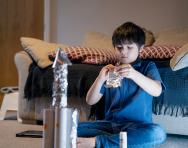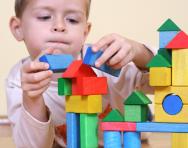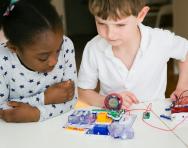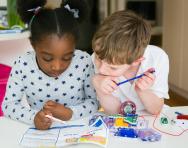Creativity in primary science: to infinity and beyond
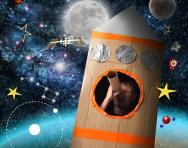
The new curriculum has been a challenge for teachers, but this could also be seen as a healthy shake up, providing them with the space to develop a fresh approach to teaching.
The recent emphasis on science, technology, engineering and maths (STEM) subjects has given teachers the opportunity to bring learning to life, with many projects requiring students to think more creatively and understand how these subjects can be applied to real-life.
However, it’s important to recognise that this kind of learning shouldn’t be confined to the classroom; if your child has shown a particular interest in a subject, then encourage them to deepen their knowledge and explore their creativity at home, too.
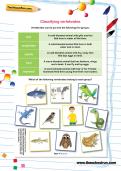
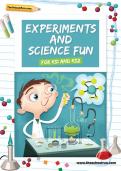
Download fantastic science resources today!
- Experiments And Science Fun pack
- Science Learning Programme for each school year
- All the instructions, questions and information you need
A task as simple as letting your child create a spaceship out of the Fairy Liquid bottle is enough to let their imagination run wild.
Real science for primary-school children
It’s important for children to truly understand the purpose of science from an early age and how it links to real scenarios. It’s not just about planting seeds and making foaming volcanoes. It’s about building a rocket, and learning how gravity works on Earth, or conducting an experiment around food in space, using the actual nutritional and calorific content from the food used at the International Space Station (ISS).
In 2015 Tim Peake became the first British European Space Agency astronaut to travel to the ISS, where he conducted various scientific experiments.
A number of educational projects ran in conjunction with Tim’s mission, including The Astro Science Challenge, a six-week interactive science project for children, exploring various topics including astronomy, space weather, coding and human spaceflight.
Getting children involved in activities like this will capture their imaginations, allowing them to immerse themselves in an interactive story world, while understanding how each mission relates to real science, and, ultimately, real life. It’s also a good opportunity for you and your child to spend some time together and enjoy a project, which will also benefit them educationally.
Practical ways to challenge budding scientists
- A great way to get kids involved in any subject is by making it fun and creative. In science that includes hands-on experiments, of course (there are loads of simple primary science ideas and practical science fun suggestions to get you started on TheSchoolRun, no special materials required), but also science challenges and storytelling.
- Exploration time in the classroom can be limited, whereas at home, children are able to spend as much time as they want on activities they enjoy. When set open-ended challenges with no one right answer, they have the freedom and flexibility to come up with their own interpretations and solutions, encouraging self-driven learning.
- Is your child more interested in 'playing astronauts' than a discussion about space? That's great news! Engrossed in an interactive theatrical world, children expand their imagination and interests. As a parent you can remind them that the purpose of their play is real and what they learn and act out now is something they could actually experience later in life.
Of course, we can’t send children up to space to experience the science first-hand, but what we can do is allow them to truly believe they are cadets learning to become astronauts through a series of missions and activities which are as close to the real thing as possible. Providing them with these opportunities from a young age will cement the belief that wanting to be an astronaut when they grow up can, in fact, become a reality.

Give your child a headstart
- FREE articles & expert information
- FREE resources & activities
- FREE homework help


